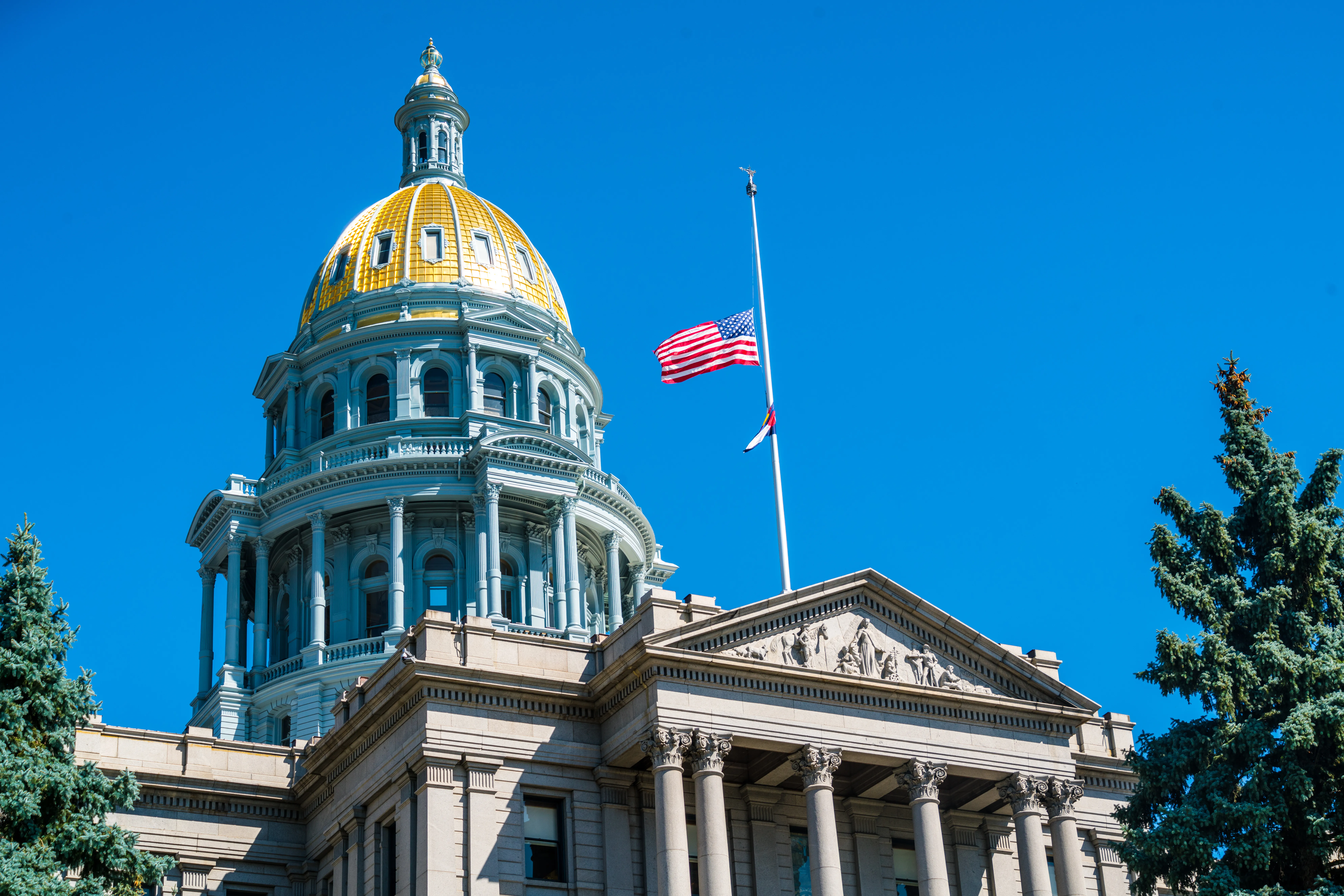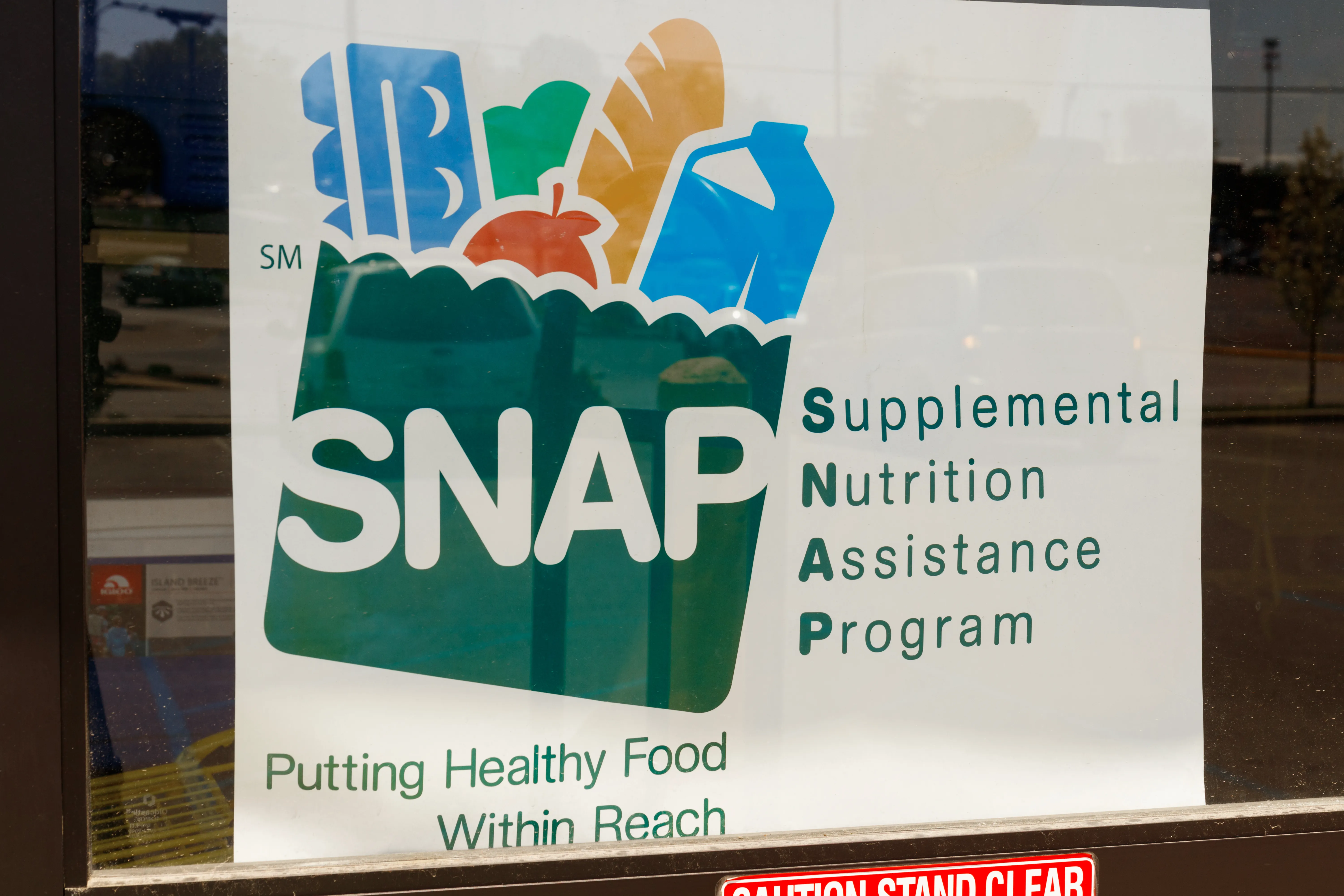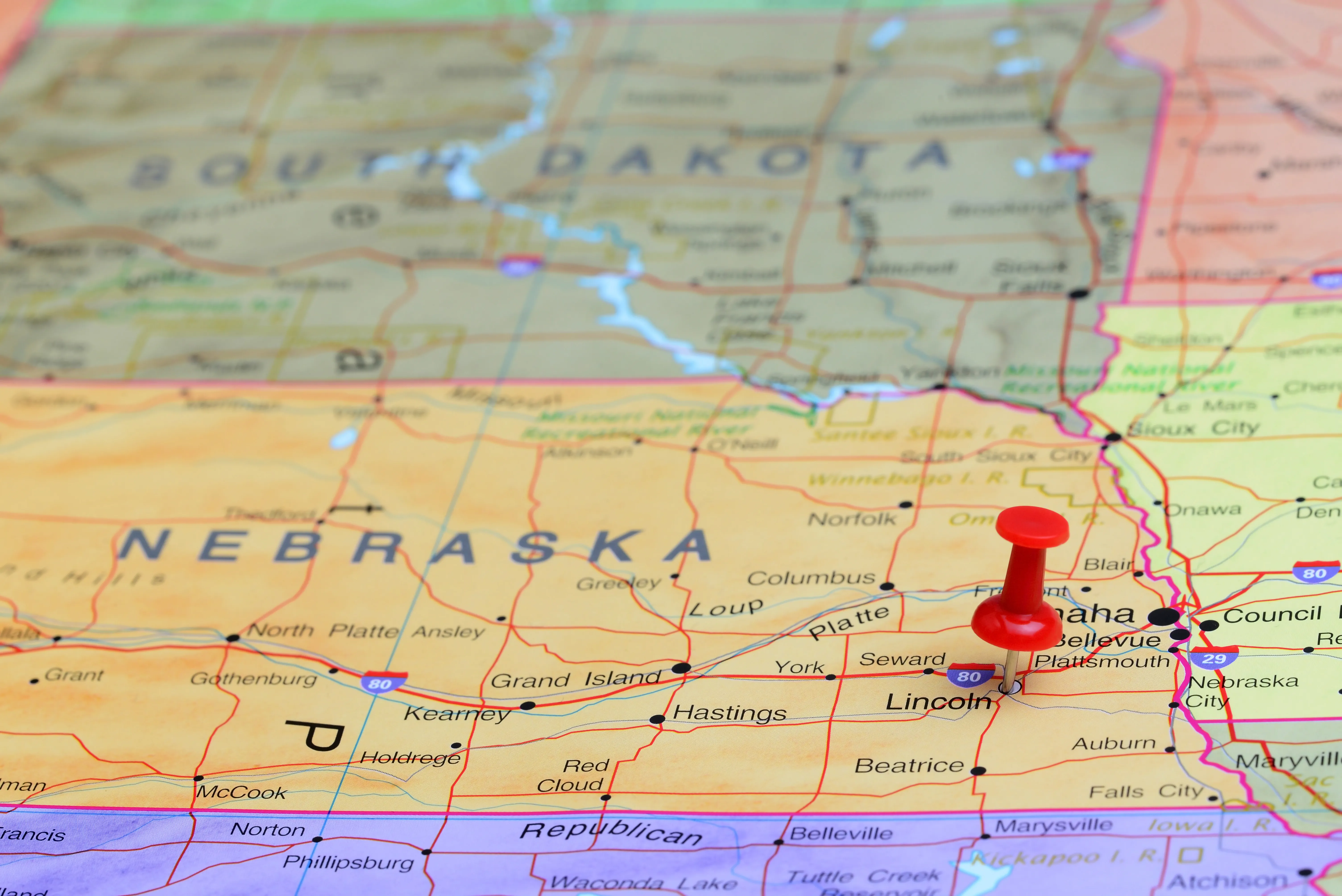
Daily Audio Newscast Afternoon Update - March 31, 2025
© INDU BACHKHETI - iStock-1336427297
News from around the nation.
Trans Texans call for recognition on Trans Day of VisibilityPoll: Most WV voters oppose privatizing Public Employees Insurance Agency; Proposed SNAP cuts would hit Mississippi especially hard; President says reciprocal tariffs will start with all nations.
Transcript
The Public News Service Monday afternoon update.
I'm Mike Clifford.
Today is Transgender Day of Visibility, a day set aside to recognize the contributions of transgender people and raise awareness of discrimination against them.
More than 92,000 people in Texas identify as transgender.
Atlantis Narciss with Transgender Education Network of Texas or TENT says members of the community are parents, workers and leaders who deserve to be respected.
Any support that you can make in reference to trans and gender expansive people is a great thing.
It could be writing your congressman's challenge and some of the things in the spaces that you're around.
But most personable about it is being present in trans and gender expansive individuals lives.
Narciss says TENT works to stop discrimination through social, legislative and corporate education is the largest BIPOC trans led advocacy organization in the state.
I'm Freda Ross reporting.
More than 75 anti-LGTBQIA+ bills have been filed in this year's Texas legislative session and more than 800 nationwide.
Meantime, more than 70 percent of West Virginians polls say they opposed privatizing or abolishing the state's health insurance agency for public employees.
That's according to a new poll by Robber Research.
West Virginia delegate Mike Pushkin says eliminating or privatizing the PEIA is the worst course of action.
We often tell them the pay's not great, but the benefits will be.
And over the years, the benefits have gotten a lot less great.
Their premiums keep going up without pay raises to match those.
That's effectively a pay cut.
House Bill 2623 would abolish the West Virginia Public Employees Insurance Act and subsequently provide health, dental and vision coverage for state workers through private contracts beginning next January 1st.
Nadia Ramlagon reporting.
And for nearly one in eight Mississippians, monthly SNAP benefits provide a crucial lifeline.
One now at risk is congressional Republicans proposed $230 billion in cuts.
Advocates warn the reductions would exacerbate hunger in the nation's poorest state, where one in five kids already face insecurity.
Yvette Diane Clark of New York chairs the Congressional Black Caucus.
These cuts to SNAP will only worsen food insecurity and hardship in black and brown communities, reduce revenue for local businesses and disrupt our food supply chain.
New data confirms the state leads the nation in food assistance reliance with 13.1 percent of residents, depending on the program.
And from NBC News, the Trump administration will unveil its long-planned reciprocal tariffs this week, which are expected to include all nations, not just those with whom the US has a trade imbalance.
Separately, US tariffs on foreign-made autos and parts will go into effect.
And the Supreme Court hears arguments today on whether a group of religious-affiliated charities should be eligible for a tax exemption.
This is Public News Service.
Nearly 400,000 folks in Alabama live in counties that don't have fast, reliable internet or adequate healthcare providers, from primary care physicians to behavioral health care specialists.
According to an analysis from KFF Health News, people who live in these dead zone counties are more likely to live shorter, sicker lives.
And if the digital divide isn't fixed, healthcare disparities will grow.
In Greene County, Alabama, 72-year-old Barbara Williams says she doesn't have dependable Wi-Fi.
Williams has diabetes, with nerve pain in both legs.
At home, she checks her blood sugar levels using a manual kit.
Then I stick my finger.
Ooh, that hurt.
Then I take my insert and put it into my machine.
Ideally, patients like Williams could use remote monitors that automatically track their blood glucose levels and upload the data to an online physician office portal.
This year, a $42 billion federal infrastructure program is supposed to launch construction of high-speed internet lines in states with dead zones, but Trump administration officials say progress has been too slow, and they plan to review and revamp the program.
Democrats say that will delay infrastructure money from getting to counties that need it.
I'm Sarah Jane Tribble with KFF Health News.
Next to Maryland, where state employees are rallying behind a bill that will provide binding arbitration when unions and employers bargain.
Current Maryland law prohibits state workers from striking if their contract negotiations reach an impasse.
A neutral party could make recommendations, but with no legal authority.
House Bill 159 would change that, allowing a neutral arbitrator to step in with legally binding recommendations.
Patrick Moran with AFSCME Council 3, which represents 30,000 state employees, says the bill would create a process that gives equal weight to unions and management.
We want a process that's fair, and what I mean by that is if we can't come to an agreement, then an arbitrator will get us both at the table and look at the evidence and say, this side is asking for this, the other side is asking for that, and I think I can split the decision down the middle.
Opponents of the bill have said binding arbitration doesn't incentivize unions or management to compromise, an act they view as a vital pillar of union negotiations.
I'm Simone Perez.
Finally, Ohio's population is holding steady, but it is also aging.
Census data shows about 1,000 more people moved into the state than left in 2023.
However, the percentage of Ohioans age 65 and older has risen from 14.1 percent in 2010 to 18.7 percent in 2024.
Robert J. Graham with Miami University's Scripps Gerontology Center says younger workers are leaving rural areas in search of opportunities.
There are some that say, hey, I wanna go to college, I wanna increase my education and get new opportunities, or I'm looking for jobs, and those jobs tend to be created in more urban areas or suburban.
Farrah Siddiqui reporting.
This is Mike Clifford.
Thank you for starting your week with Public News Service.
Member and listener supported, and hear us on interesting radio stations, your favorite podcast platform.
Find our content and trust indicators at publicnewsservice.org.
















